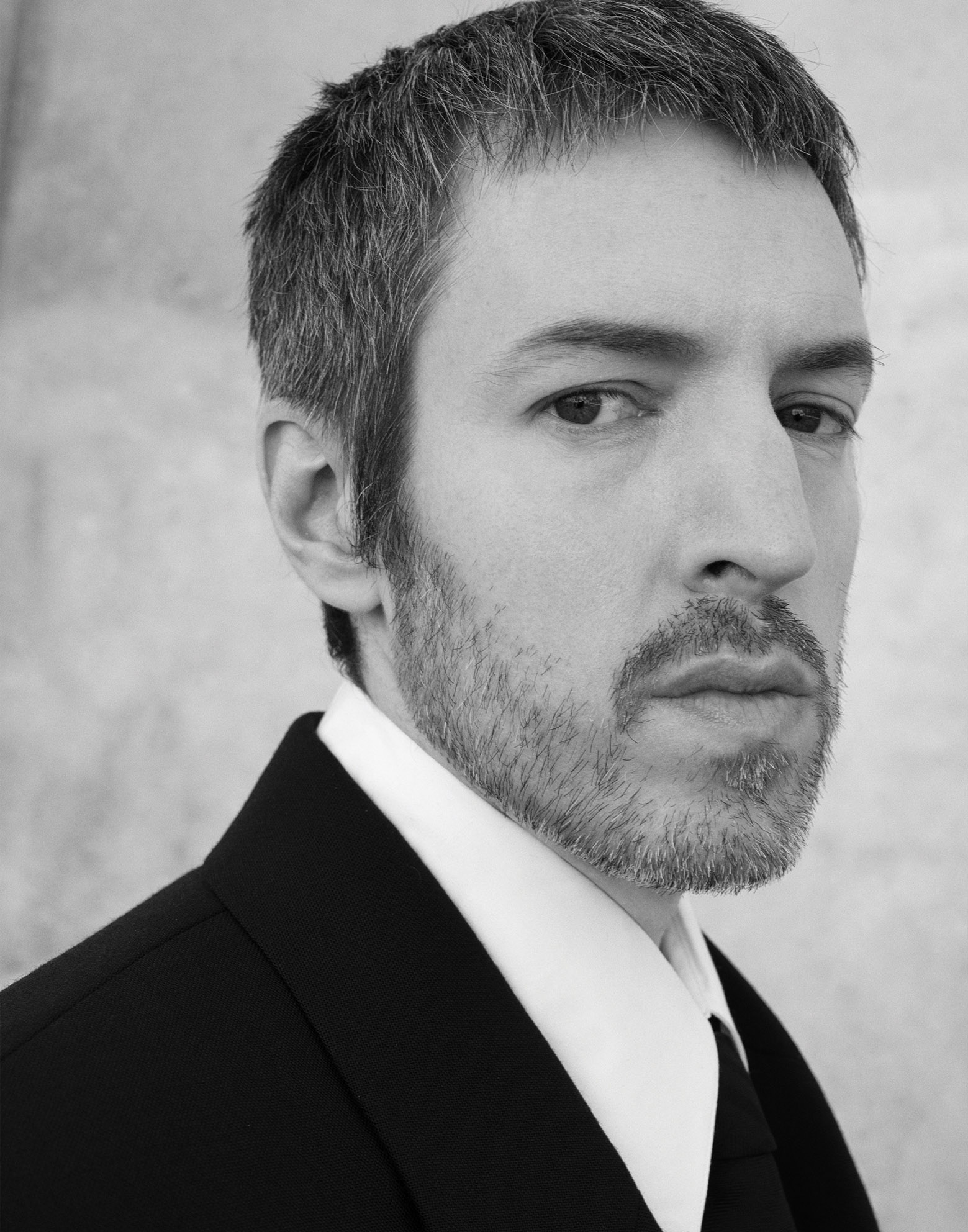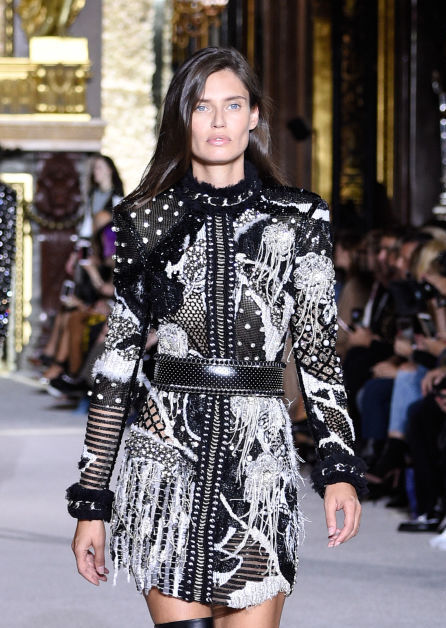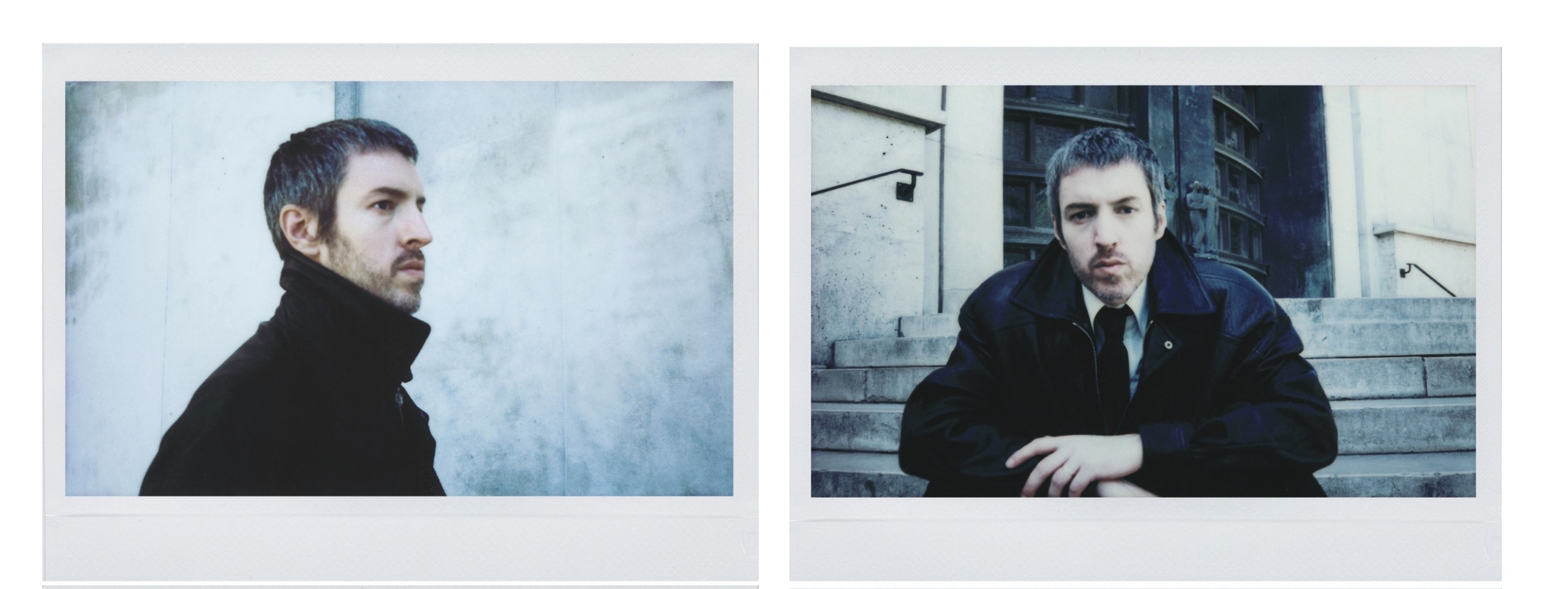
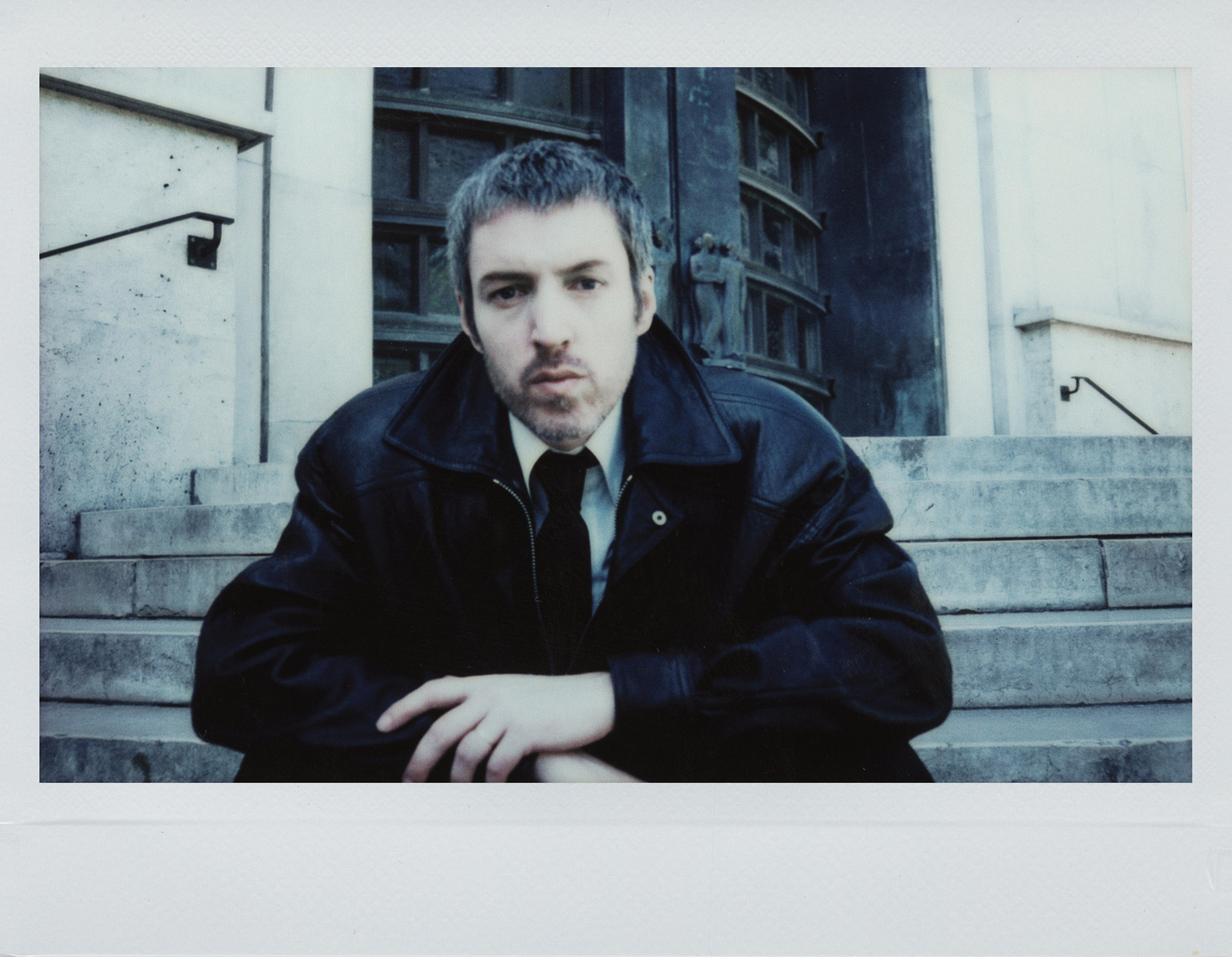
That night, Belgrade was on fire. I felt like I was falling asleep and waking up with the same sense of uncertainty—somewhere between sirens, delirium, defiance—whether in the street or apartment; always ready for revolution. His sound is exactly like that: poetically brutal, torn apart, yet liberating. Before he came on, I was listening to “Better Now,” and for a moment I felt that spark of hope for new beginnings. It reminded me why music has been my refuge for survival for as long as I can remember. “I know everything—my cousins are out on the streets,” he tells me from his apartment in Paris. “It’s always been important for me that my work carries a message: let’s go, guys! Even when everything falls apart, you can still make changes—when it’s really hard, you still can. That’s joy, hope, resistance, a push. And a reminder to enjoy yourself along the way.”
In the industry, he’s credited as Sébastian Akchoté, though his surname is Božović. “I could understand what you’re saying,” he tells me in Serbian, then switches to English. “My first language is Serbian. Although I was born in Paris, I grew up in Belgrade and feel most at home there. All my childhood memories are connected to Serbia, Montenegro, even Croatia—I spent a lot of time in Jelsa. I’m a child of Yugoslavia.” I nod, thinking many families in this region share a similar story. SebastiAn has lived in France for over three decades and has been part of Ed Banger Records since 2005, producing his signature electro‑house sound. His music merges two seemingly opposing worlds: restless and reassuring, brutal and refined. At first, I thought it was a fusion of Belgrade and Paris—but SebastiAn corrected me. “Actually, it’s all Belgrade. Its architecture shaped me: brutalism on one side, Art Nouveau on the other. I unconsciously embedded that balance of rough, heavy, and refined into what I do. Yes, there are Parisian influences too, but my Serbian roots are decisive. I wasn’t aware of it from the start. When I returned to Belgrade after many years, it became obvious—I saw traces of my music everywhere.”
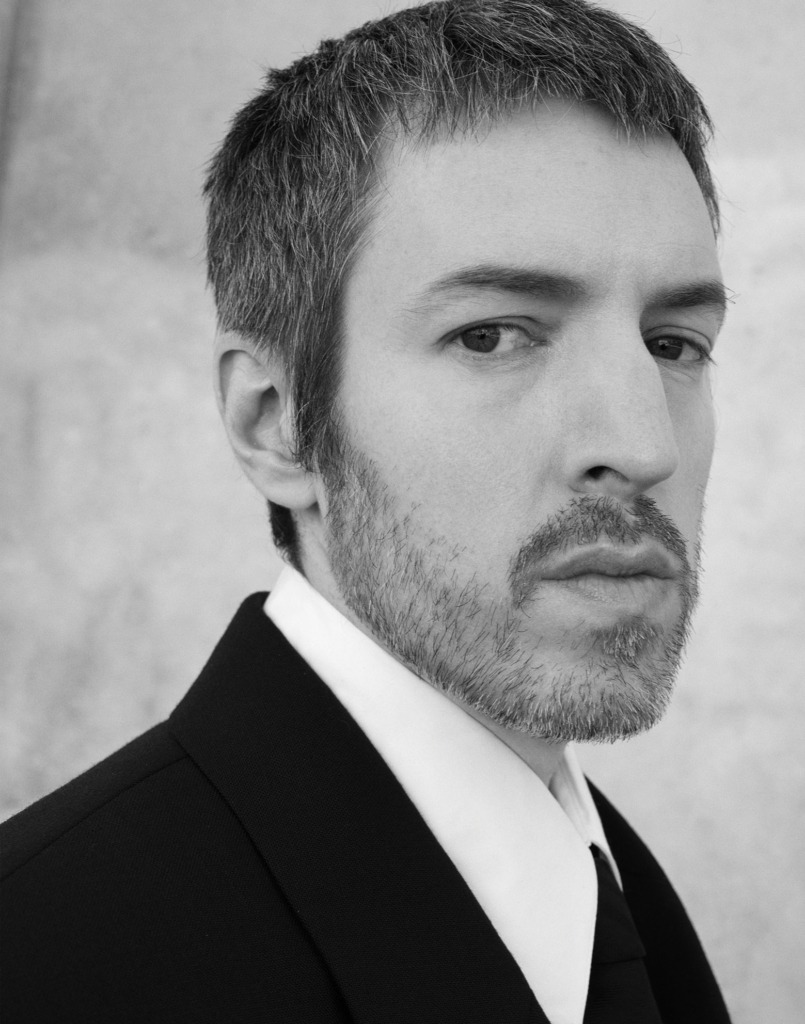
Photo: Danilo Pavlović
I’m impressed by how he embraces his heritage in a world still wary of people from our region. This kind of narrative matters deeply to anyone who dreams of succeeding beyond their homeland. Curious about his beginnings—I imagine him as an introverted teenager playing with rhythm and melody until dawn in his room—he says, “No one in my family pursued music, except my older brother who played guitar, and me. In the 90s, computer expansion gave me countless possibilities—everything related to electronic music was new and exciting, especially in Paris where I returned as a teen. We started the label and began reshaping the music we loved—but in a different way. We didn’t want to copy. Our energy was the rock‑and‑roll equivalent, we just used computers.”
He cites Daft Punk as a game‑changer, along with other French and English influences like Warp’s experimental sounds—Aphex Twin, Autechre, Björk. Early on, he remixed Annie, Benjamin Theves, and Daft Punk. In 2007, he co‑composed the score for Quentin Dupieux’s film Steak with Sébastien Tellier. He produced nine tracks on Kavinsky’s OutRun (2013), then moved on to work with Frank Ocean and Charlotte Gainsbourg. With a portfolio spanning diverse styles, he once joked that he feels like a “total cheater in music.” “That’s part of Ed Banger philosophy—creating bridges between different profiles. At the same time I was working on Frank Ocean’s Blonde and Charlotte’s album—they’re completely opposite. But believe it or not, producing with Charlotte gives me ideas for Frank, and vice versa. It all overlaps. I can be a tough‑music DJ at a club, and by day create classical French for Charlotte, then at night mix ideas with Frank Ocean—who has a thousand ideas at once. That’s the most fun part of my job.”
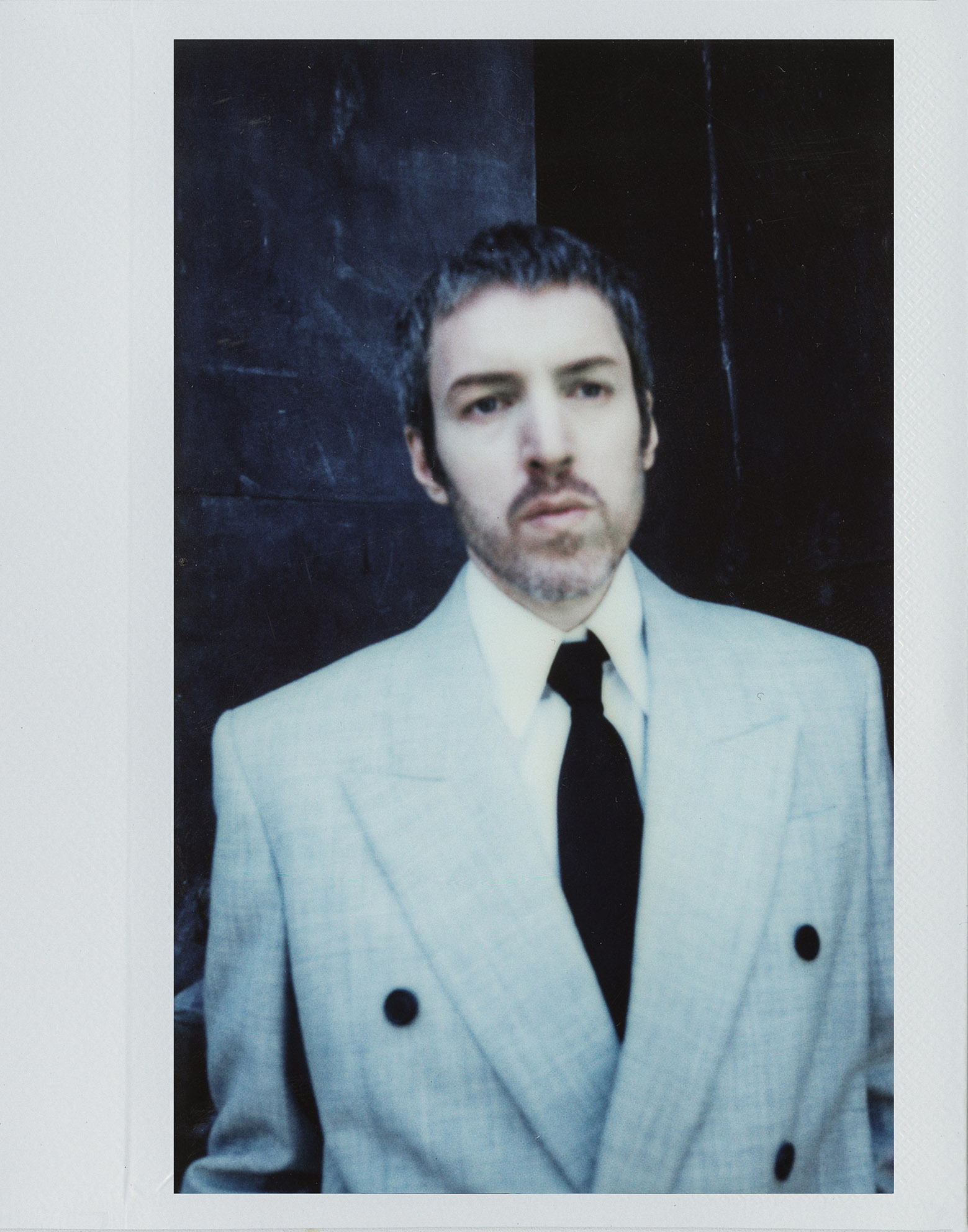
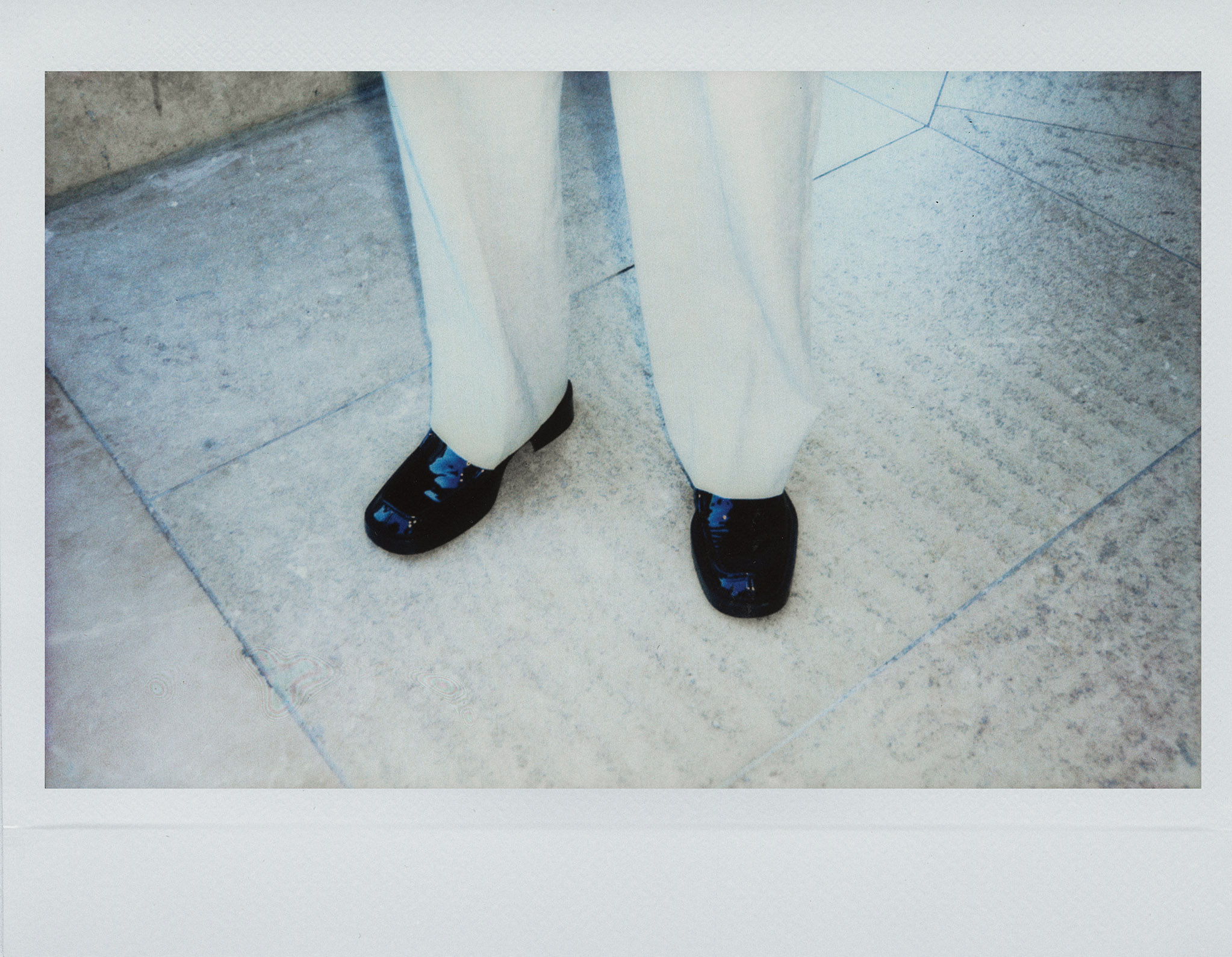
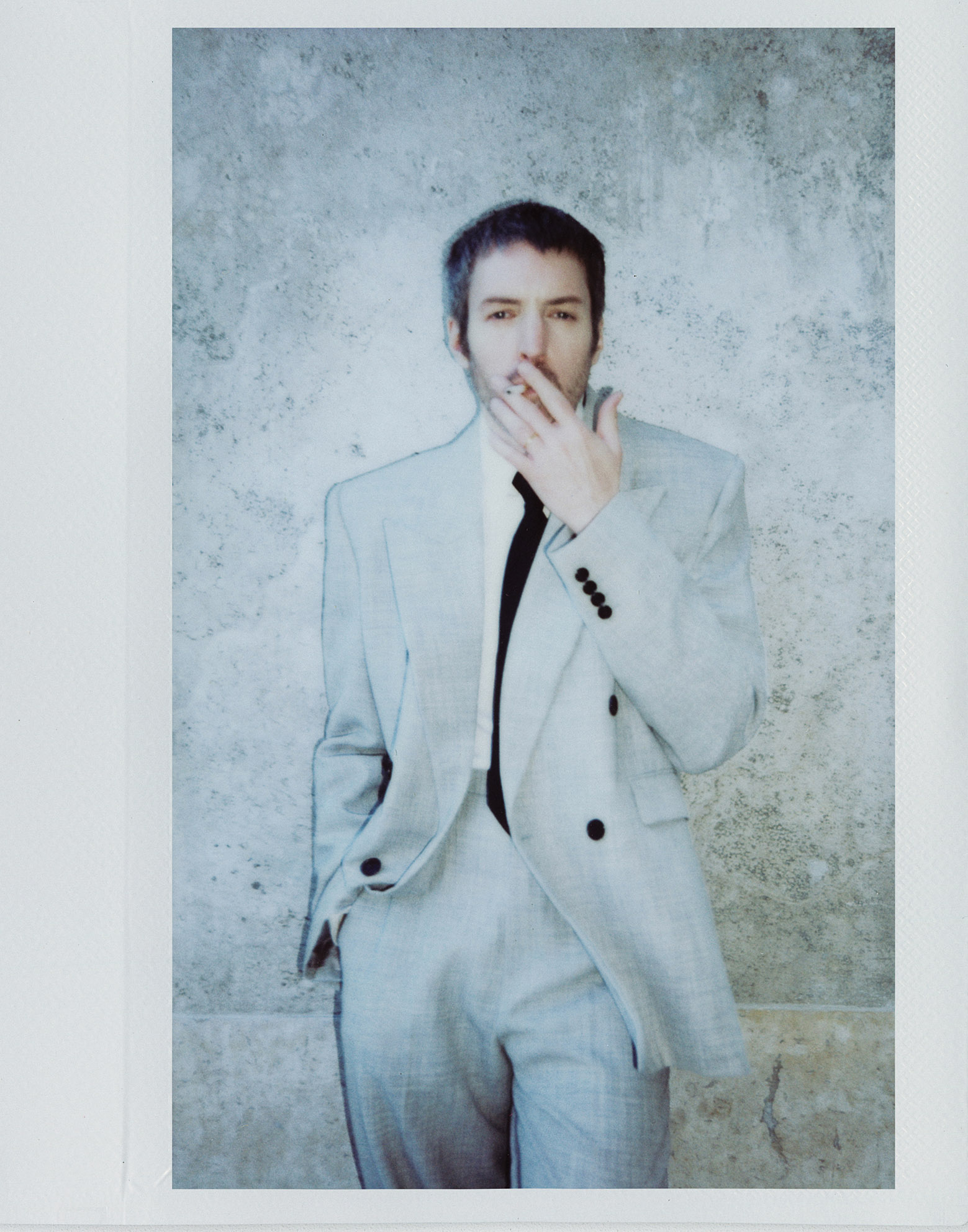
I’ll never forget the moment I saw “Belgrade” on the track list under Saint Laurent’s Fall/Winter 2017 show. I felt a surge of pride. SebastiAn has produced for the fashion house for nearly a decade, shaping playlists that usher us into Parisian nights full of mystery—like those at Palace, Yves Saint Laurent’s favorite club. He’s tight with creative director Anthony Vaccarello. “We were connected by differences—I know nothing about fashion,” he laughs. “I produced for Charlotte, and she’s friends with Anthony, so he asked me to score a show. We thought it’d be a one‑off, but after seeing the detail and thought put into the show—it felt like a film—I thought why not a unique soundtrack for each collection? At that point I didn’t know he’d ask me to deliver in three days.” He smiles, clearly thrilled by the challenge, not intimidated. “A few days before the show, Anthony showed me the venue, the looks—they’re my inspiration. During those three days, there was no time for analysis. The music came out raw and honest. For the first nine years, the music was done an hour before the show, and I’d only hear the final mixing live.”
He laughs at my thought: maybe he is a bit like fashion. “I love that chaos, that madness, that drama. What happens in those three days? No one would believe it. Once it rained inside, and ten people held vacuum‑cleaners to the sky—it was wild. Unplanned is unacceptable—everything’s deconstructed and reconstructed at once. But I enjoy it; maybe it’s because of my roots.”
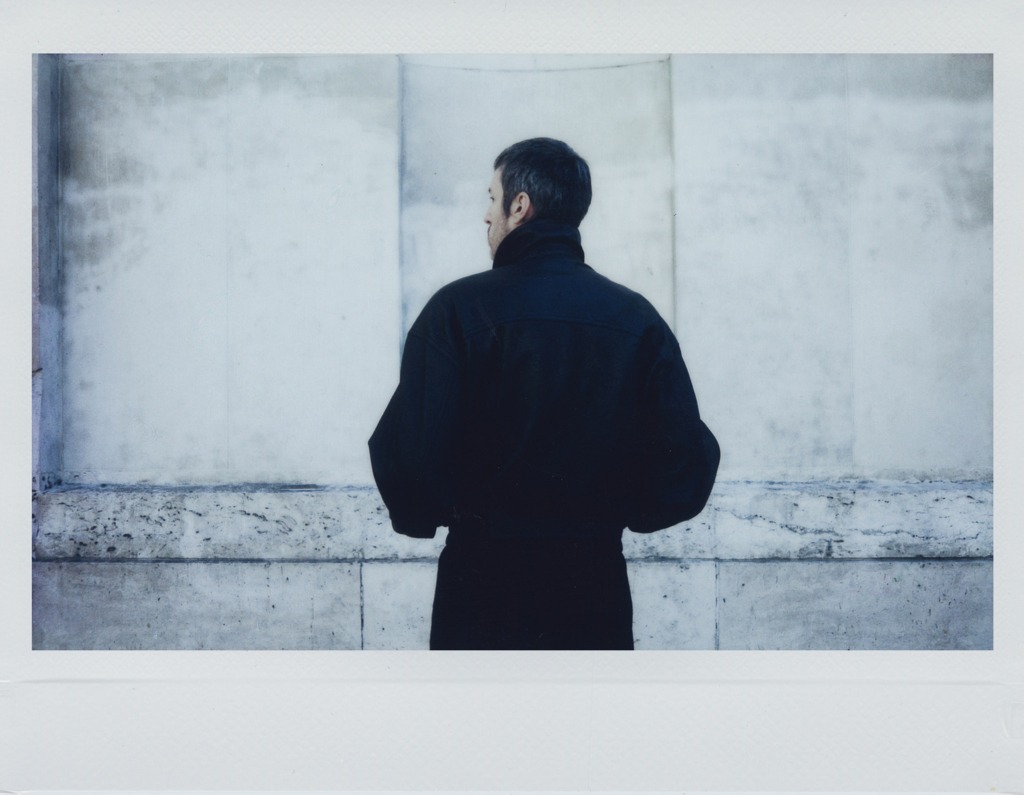
Photo: Danilo Pavlović
We laugh, true to our instincts to solve PTSD with humor. This brings us back to “Belgrade,” a track that got two parts on his album Thirst. “At the show, it was a demo, then I decided to finish it as “Belgrade 1” and “Belgrade 2.” I filmed it in Belgrade with She Films. You mentioned meeting people abroad who hide their origins—so I named these tracks to emphasize where I’m from, where I grew up, and how much I love my city.” In Belgrade, he also shot the video for his hit “Run For Me.”
The interview repeatedly returns to Yugoslavia and how important heritage is. Curious if Vaccarello knows about his origins, I ask. “He does—he’s mixed too, half Belgian, half Italian. We talk about fashion and work, and maybe for him my background is just one detail he knows little about—but he definitely knows djuveč (Balkan vegetable and rice stew) and many parts of our culture that are part of my everyday life.” At Saint Laurent’s last men’s show at Paris’s Bourse de Commerce, the runway was part of Céleste Boursier‑Mougenot’s art installation. Models walked around a shallow aquamarine pool with floating bowls—how did he craft music to complement the melodic clatter of ceramics? “I had to go there, hear it, test its technical potential. If I’d used heavy bass, the pool would be chaotic.” I’m struck by his blend of artistic intent and youthful curiosity.
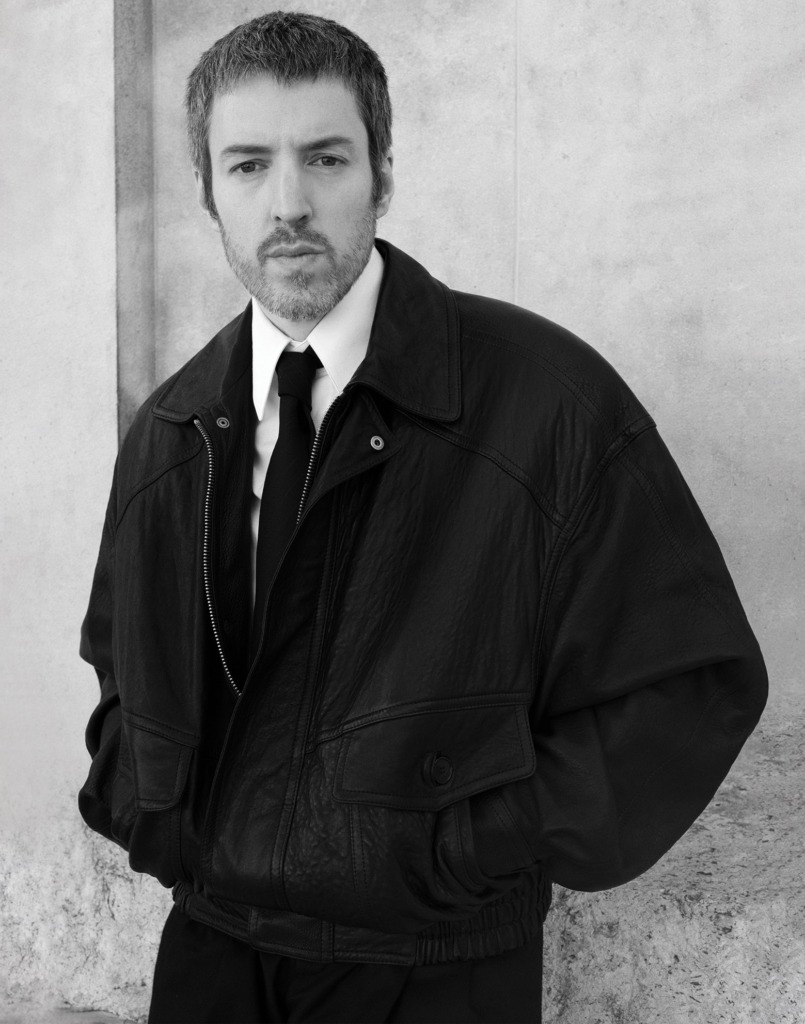
Photo: Danilo Pavlović
SebastiAn’s album covers—one where he kisses himself, another where he fights himself—are acts of provocative virtuosity. I ask what motivated them. “The English call it a ‘serious joke’ when I kiss myself. I’ve always been shy; I was never the center of attention—it’s against the current in this industry. So I wanted provocation—someone who loves himself. I also had an unforgettable experience at a Prince concert—at the end, when the crowd was expecting something, he said, ‘When I look at you I’d love to kiss myself,’ but he didn’t! It was wild and brilliant. I told Pedro from Ed Banger I’d do the cover differently—I wanted it done. He connected me to Jean‑Baptiste Mondino. The one of fighting myself reflects social media today—started with connecting people, ended in fights. Too much ego always leads to conflict.”
SebastiAn isn’t active on social media. He rarely gives interviews or appears in the press, keeping his privacy. “Ed Banger started before social networks—we lived in clubs, in reality. So it was possible not to participate in daily oversharing. I’ve always loved mysterious people—David Bowie, Daft Punk, Frank Ocean—I like artists held in mystique. But I know it’s necessary today, especially for younger people. I’m just not wired that way—I can’t force it. There’s eroticism in mystery—if you reveal everything, desire decreases. And maybe it’s also my Yugoslav mother’s paranoia,” he laughs.
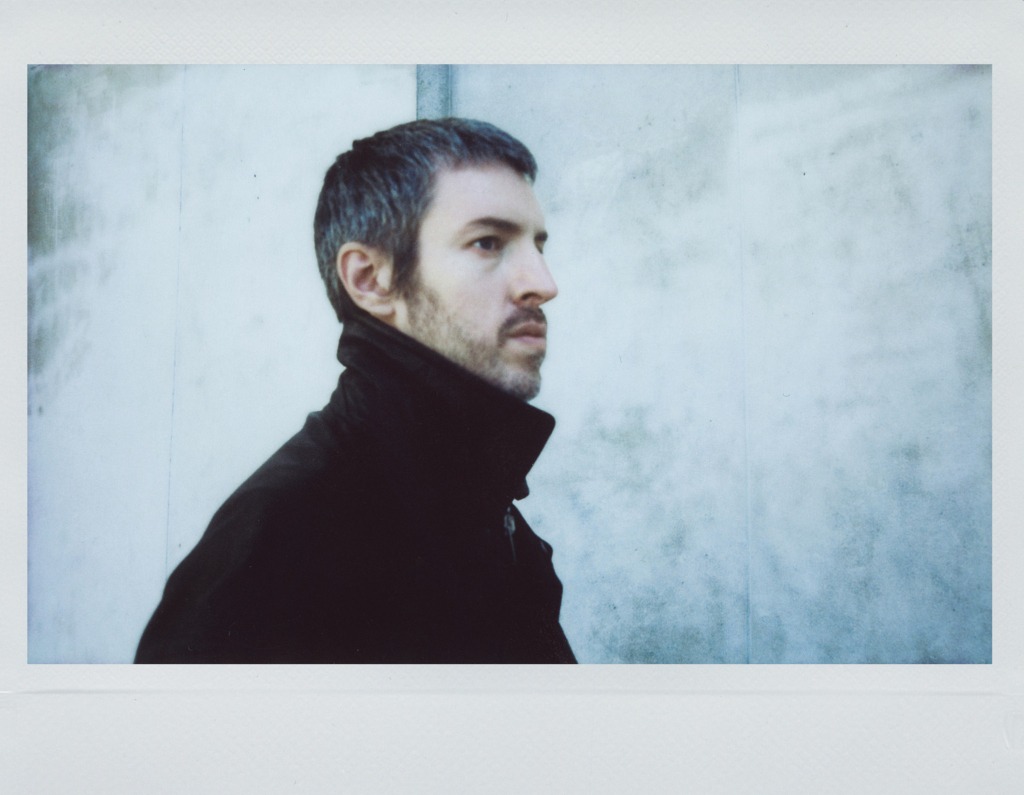
Photo: Danilo Pavlović
Finally, we come to his personal music—when he taps into instincts and voices beyond himself. He clarifies: “When I produce for others, it’s not about promoting me, it’s about seeing what they want to convey. I spend 99% of my time in the studio—working on nothing, even when it’s shelved. It’s my obsession.” Watching him on screen in his studio‑like apartment, I wonder: does he ever feel lonely? “I think the opposite—because I was once lonely, I became this way. From early on, I played alone and never sought attention. I replaced Lego with the computer—I’ve never changed.” In his music, I hear nostalgia—understandable for someone who lives split between two countries, two mentalities, two lives—but I ask: is he aware of it? “Yes. I hear it later and can’t always explain it with words. When I create, I’m distant from the result—it doesn’t depend on me. Then I listen back, think, ‘Why is this so sad?’ It’s like writers and stories that find you—not the other way around. But people who listen to my music might imagine I’m dark—but I’m not! I’m very happy and satisfied with my life.”
I ask what he does when he’s not working. He laughs: “Don’t think I’m weird—I often go to Ed Banger, hang out with colleagues, or sit like a true Parisian on a terrace with friends joking around—that’s our national sport. But honestly, I get bored fast when I’m not working—I’m strongly tied to my work.”
His boundless passion for creation reminds me what it means to live your purpose wholeheartedly—just as important as the gratitude I feel for being able to pursue mine.
At the end, I ask if we can expect something new, intimate, just his, this year. “Actually, yes—you’re the first to hear this. I released my last album before the pandemic, when the world was shut down. [Artists were reaching out in panic, thinking it was the end, ready to drop their last track ever—I, as someone from Yugoslavia, was like: you know, shit happens.] Now I’m ready again.” It was a pleasure, I told him in English. Then we continued in Serbian.
– Hvala ti puno (his accent has already improved)
– You must come to Belgrade more often.
– See you then!
– See you!
